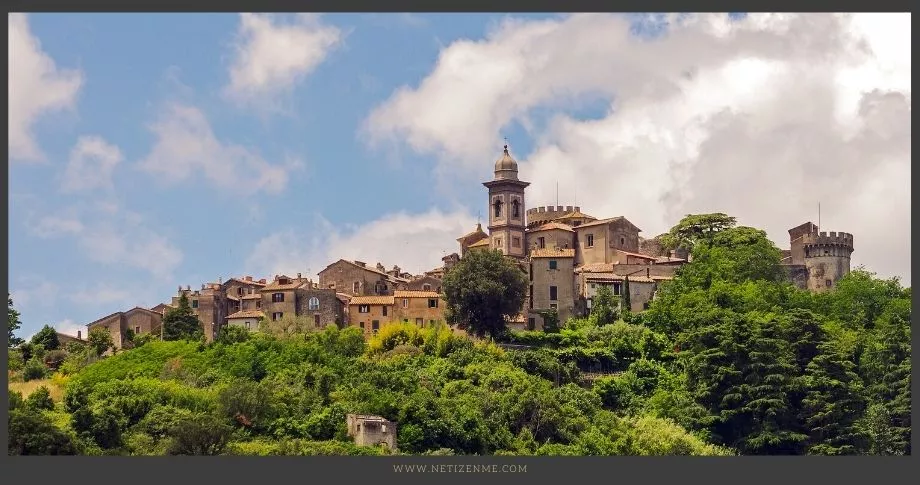The working class of ancient Rome, the Plebeian class, consisted of general citizens who did not have full citizenship. They did not have the right to vote or hold public office. Plebeians were not allowed to intermarry a patrician at the beginning. But why were Plebeians so important to Rome?
Plebeians were important to Rome because they played a vital role in Roman public life as the working class.
What was the importance of plebeians in ancient Rome?
Who are Plebeians?
Plebeians were the underprivileged general citizens, unlike the Patricians, who had wealth and influence.
Plebeians were farmers, bakers, builders, soldiers, traders, or artisans. They worked hard to provide for their families and pay their taxes. Further, they were the front line of defense in the Roman army. They were also stationed at the borders and outlying cities. While Patricians lived safely within the city walls, the Pleb army protected beyond and within the city walls.
Read about the different housing styles of Plebeians and Patricians.
What was the importance of patricians in Rome?
Indeed, the working class, the Plebeians, was essential to Rome in protecting military power and public life. According to Morey, the patricians saw that the loss of the Plebeian army would be the destruction of Rome.
Plebeians also played a vital role in Roman public life as the working class. Therefore, Rome’s survival depended on the plebeians. Rome’s importance was the main reason they eventually gained social, economic, and political freedom from patricians through revolts.
After the Romans abolished the monarchy with the expulsion of their last king, they developed a republic government with two consuls. This republic government consisted mainly of patricians and upper-class family members, who had the right to vote, hold a public office, and own lands and slaves. Furthermore, they abused their social and economic privileges, creating social and economic issues for plebeians and lower-class members. This conflict between the two classes led to a revolt.
How did plebeians gain power?
Initially, Plebeians were not allowed in the Senate or public offices. They only participated in military tribune. They were at many other civil disadvantages as opposed to the Patricians. In 287 BCE, Plebeians organized a Conflict of the Orders campaign to have equal civil rights. They formed a corporation known as “concilia plebis” which elected Plebeian officials. Later, the campaign, “Conflict of the Orders,” was resolved after a resolution, a law called “plebiscita” passed, which bound all classes of Roman citizens together.
Did you watch the historical drama television series “Rome”?
The series is a fictional retelling of the lives of two ordinary men, Lucius Vorenus and Titus Pullo, as soldiers and Plebeians, which often entangled with the lives and ways of the historically noteworthy Patricians. It is said that the characters Lucius Vorenus and Titus Pullo are fictionalized versions of a pair of Roman soldiers mentioned in Caesar’s Commentarii de Bello Gallico.
This TV series does not accurately represent historical events and personages, but the production was done with authenticity and accurately portrayed Rome. Jonathan Stamp, the Series Historical Consultant, said: “We did everything we could to make these episodes historically authentic, which meant researching and incorporating every kind of detail we could about the way our characters behaved, the way they interacted, how they dressed and gestured, the kind of streets they walked down, the way they conducted their private and public lives.“
Therefore, you will be able to understand the life of Plebeians and why Plebeians were so important to Rome (to some extent) by watching the first season of the TV drama Rome.
Reference Sources to read more about why were Plebeians so important to Rome:
- Morey, W. C. (1901). Outlines of Roman history. Forum Romanum.
- The Editors of Encyclopaedia Britannica. (April 03, 2020). Plebeian. Encyclopædia Britannica
- Gill, N.S. (2020, February 11). Conflicts of the Orders Patrician and Plebeian.
